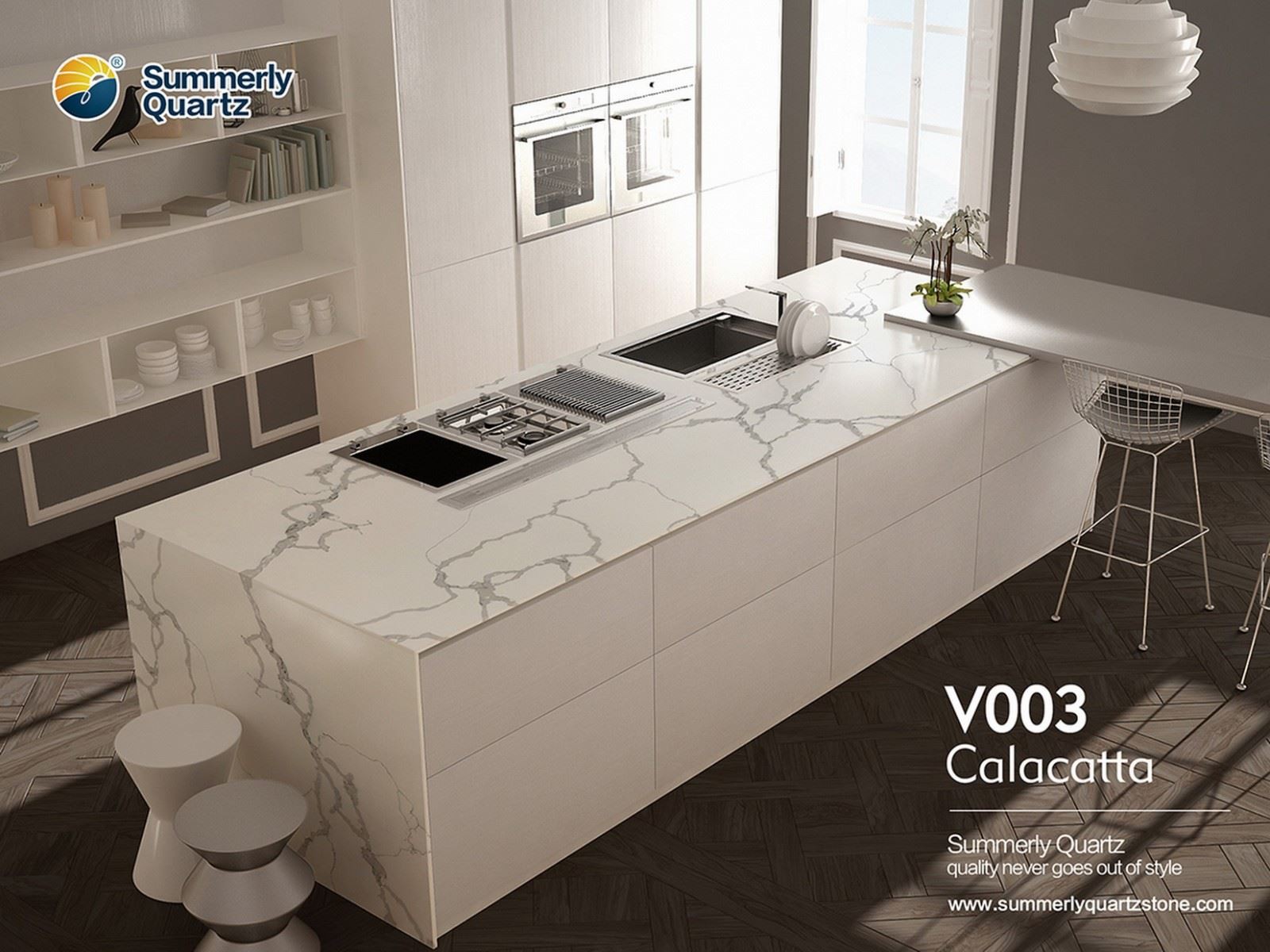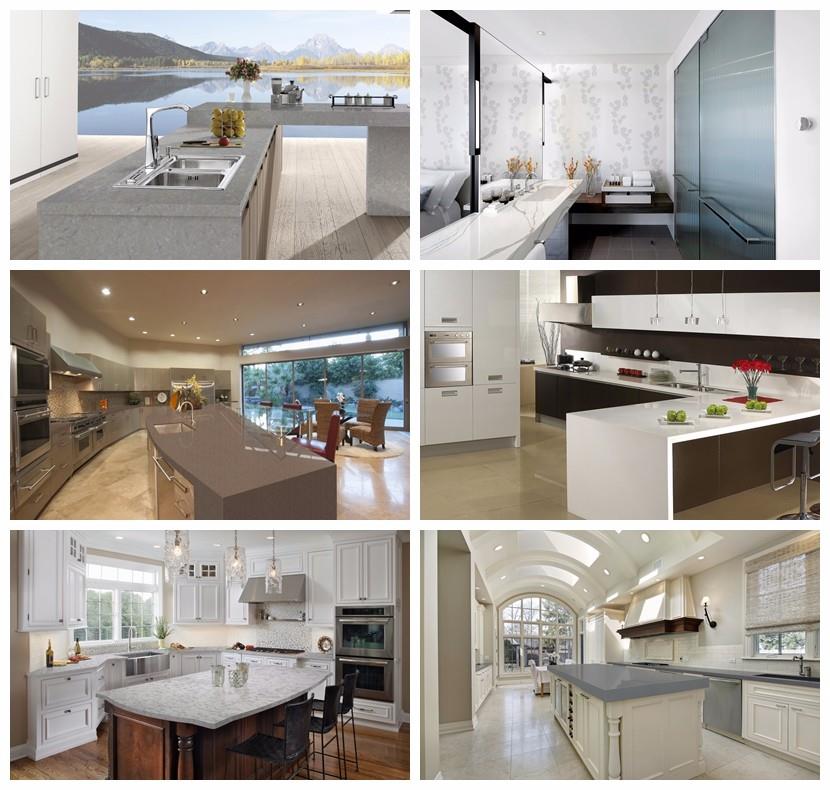
Quartz stone has become a popular choice for various applications in both residential and commercial settings, particularly in wet environments such as bathrooms, kitchens, and even swimming pools. This engineered stone offers a blend of aesthetic appeal, durability, and low maintenance, making it an ideal material for areas prone to moisture. Here are the numerous benefits of using quartz stone in wet environments.
One of the most significant advantages of quartz stone is its non-porous nature. Unlike natural stones such as granite and marble, quartz does not absorb water or other liquids. This characteristic makes it highly resistant to water damage, staining, and bacterial growth, which are common concerns in wet environments. The non-porous surface ensures that water and moisture do not penetrate the material, thereby preventing mold and mildew formation.
Quartz stone is renowned for its durability. It ranks high on the Mohs scale of mineral hardness, scoring a 7 out of 10, which makes it resistant to scratches and abrasions. This durability is particularly beneficial in high-traffic areas like bathrooms and kitchens, where surfaces are frequently exposed to water, heat, and physical impact. Quartz's robust nature ensures that it can withstand the rigors of daily use without chipping or cracking.
Maintaining quartz stone is remarkably easy. Its non-porous surface means that it does not require sealing, unlike natural stones that need periodic sealing to maintain their integrity. Cleaning quartz surfaces is straightforward and can be done with mild soap and water. This ease of maintenance is a significant advantage for busy homeowners and commercial establishments looking to minimize upkeep efforts.
Quartz stone offers a wide range of colors, patterns, and finishes, allowing for extensive customization to match any design preference. Whether you prefer the look of marble, granite, or a unique design, quartz can be engineered to meet your aesthetic needs. This versatility makes it an excellent choice for creating visually appealing spaces in bathrooms, kitchens, and other wet areas.

The non-porous nature of quartz also contributes to its hygienic properties. Since it does not absorb moisture, it hampers the growth of bacteria and germs, making it a safe and sanitary option for food preparation areas and bathrooms. This germ-resistant quality is particularly important in environments where cleanliness is paramount.
Quartz stone is also resistant to heat and impact, making it suitable for use near stovetops, ovens, and other heat-emitting appliances. While it is not entirely heatproof, it can withstand high temperatures without sustaining damage, provided that hot cookware is not placed directly on the surface. This resistance to heat and impact further enhances its suitability for kitchen countertops and bathroom vanities.
Quartz is an environmentally friendly material. It is abundant and can be sourced locally, reducing the carbon footprint associated with transportation. Additionally, many quartz products are made using recycled materials, and the manufacturing process often involves the use of recycled water, further minimizing environmental impact. This eco-friendly aspect makes quartz a sustainable choice for environmentally-conscious homeowners and businesses.
While the initial cost of quartz may be comparable to high-end natural stones, its long-term benefits make it a cost-effective option. The durability, low maintenance, and longevity of quartz surfaces mean that they do not need to be replaced or repaired as frequently as other materials, resulting in long-term savings.
Quartz stone is an excellent choice for wet environments due to its water resistance, durability, low maintenance, and aesthetic versatility. Its hygienic properties, heat and impact resistance, and eco-friendly nature further enhance its appeal. Whether you are renovating a bathroom, updating a kitchen, or designing a commercial space, quartz stone offers a practical and stylish solution that stands the test of time.
By incorporating quartz stone into your wet environment designs, you can create beautiful, functional, and sustainable spaces that require minimal upkeep and provide long-lasting value.